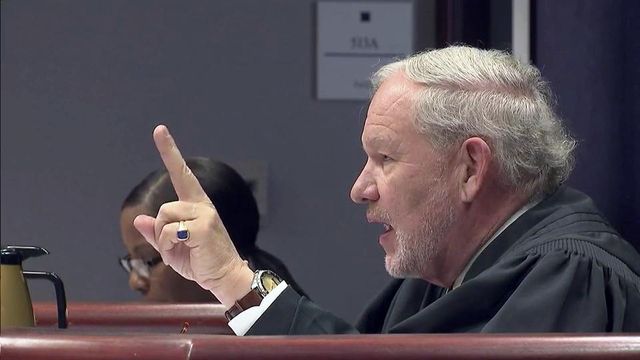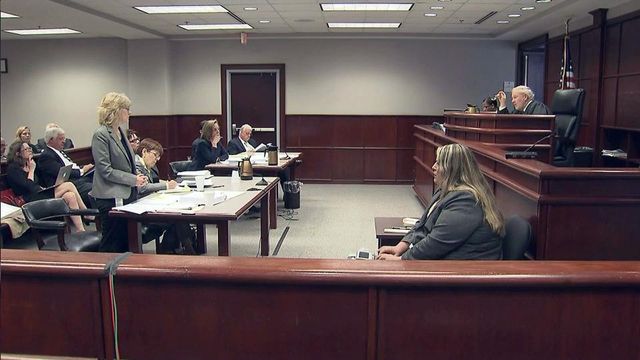Judge questions lower student achievement
In the latest chapter of a 20-year fight over education funding and standards in North Carolina, a judge on Wednesday grilled state officials over why more than half of public school students aren't learning at grade level.
Posted — UpdatedDuring a three-hour hearing, Superior Court Judge Howard Manning Jr. reviewed a State Board of Education decision changing the definition of whether students have learned what's expected for their grade and problems he sees in the two most recent years of standardized test results.
The state Supreme Court chose Manning to oversee compliance with its decisions in lawsuits that started in 1995 about school funding in poor parts of the state. The so-called Leandro cases test whether the state's education bureaucracy and policymakers are living up to their constitutional obligation to give every North Carolina child the opportunity to have a sound, basic education.
Attorneys for the state say testing standards have been raised in recent years, so more children are scoring lower on reading and math tests than in the past. Manning said he understands that, but he pointed to hundreds of schools – most are in low-income areas – where only a fraction of students are meeting expectations.
Manning says he knows many of the children from the poorer neighborhoods are coming into kindergarten with less preparation than wealthier students, but he said that doesn't excuse the fact that the state is failing to help them catch up.
"They're there, and they're our responsibility," the judge said. "Every day, they're in that classroom. Something's wrong in that classroom. Something's wrong in that school."
He noted that the state has poured hundreds of millions of dollars into its 44 worst-performing schools over the past few years, but the money has not improved those schools' performance.
"That's a lot of money, folks, and if you were GE or Google or Microsoft, you wouldn't be supporting any of them. You'd have closed the plant down or either fired everybody in the school and got somebody who could get the job done," he said.
Manning said he would hold another hearing soon to hear what the state plans to do to fulfill its constitutional obligation to the children who go to those schools.
Although he has had a contentious relationship with state lawmakers over the years, the judge did have high praise Wednesday for Read to Achieve, a 2012 law requiring all third-grade students to be reading at grade level before they move on to fourth grade.
Related Topics
• Credits
Copyright 2024 by WRAL.com and the Associated Press. All rights reserved. This material may not be published, broadcast, rewritten or redistributed.






